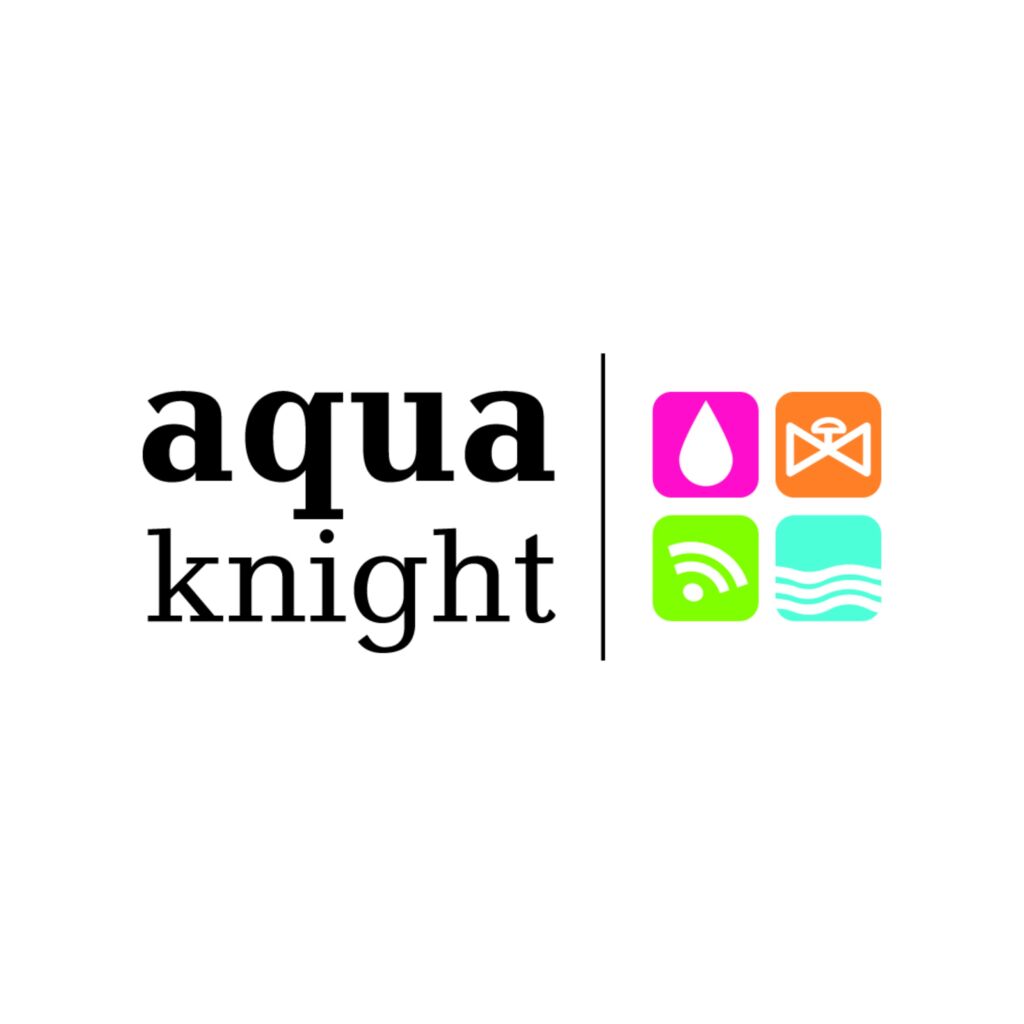AQUA KNowledge and Innovation transfer for water savinG in tHe mediTerranean basin.
Mediterranean water resources are extremely under stress, especially in the south and east shore. In Jordan, Lebanon and Tunisia, water demand constantly increases, while water use efficiency can still be considered as limited. These are the two most critical factors regarding the sustainability of the most elementary earth resource: water. Under this concept, policies aiming at improving usage efficiency and at reduced losses and poor usage, are urgently needed. In this sense, AQUAKNIGHT project focuses on optimizing consumption and minimizing the Non-Revenue Water (water not metered or billed to consumers) through the implementation of five pilot projects in the cities of Limassol (Cyprus), Genoa (Italy), Alexandria (Egypt), Tunis (Tunisia) and Aqaba (Jordan).
The overall objectives of AQUAKNIGHT were:
- to contribute to the protection of the environment by achieving a more efficient use of water resources;
- to set-up a cooperation framework between stakeholders in the EUMC and MPC in order to improve the efficiency of water distribution networks.
The specific objectives of the project were:
1) the development of five parallel pilot projects in Mediterranean Partner Countries (Egypt, Jordan and Tunisia) and EU Mediterranean Countries (Cyprus and Italy) for the transfer of experience in integrated planning and management of water distribution networks
2) capacity building of water companies and public institutions concerned with water management in order to promote water saving and water demand management
3) to strengthen the links between water entities in the EUMC and the MPC to promote synergies and collaborative actions for tackling water scarcity in the Mediterranean basin
4) to transfer the knowledge from EUMC to MPC on best practice and state-of-the-art techniques for efficient water management.
ICCS was the project coordinator. The ICCS has also provided technical support in the implementation of the pilots in Cyprus and Jordan where they has investigated the use of the Ground Penetrating Radar (GPR) to detect and locate water leaks that are usually very difficult to find with other methods (e.g. small water leaks or leaks in non-metallic pipelines (plastic/PVC etc.).
Project co-funded by the ENPI CBC Mediterranean Sea Basin Programme.

